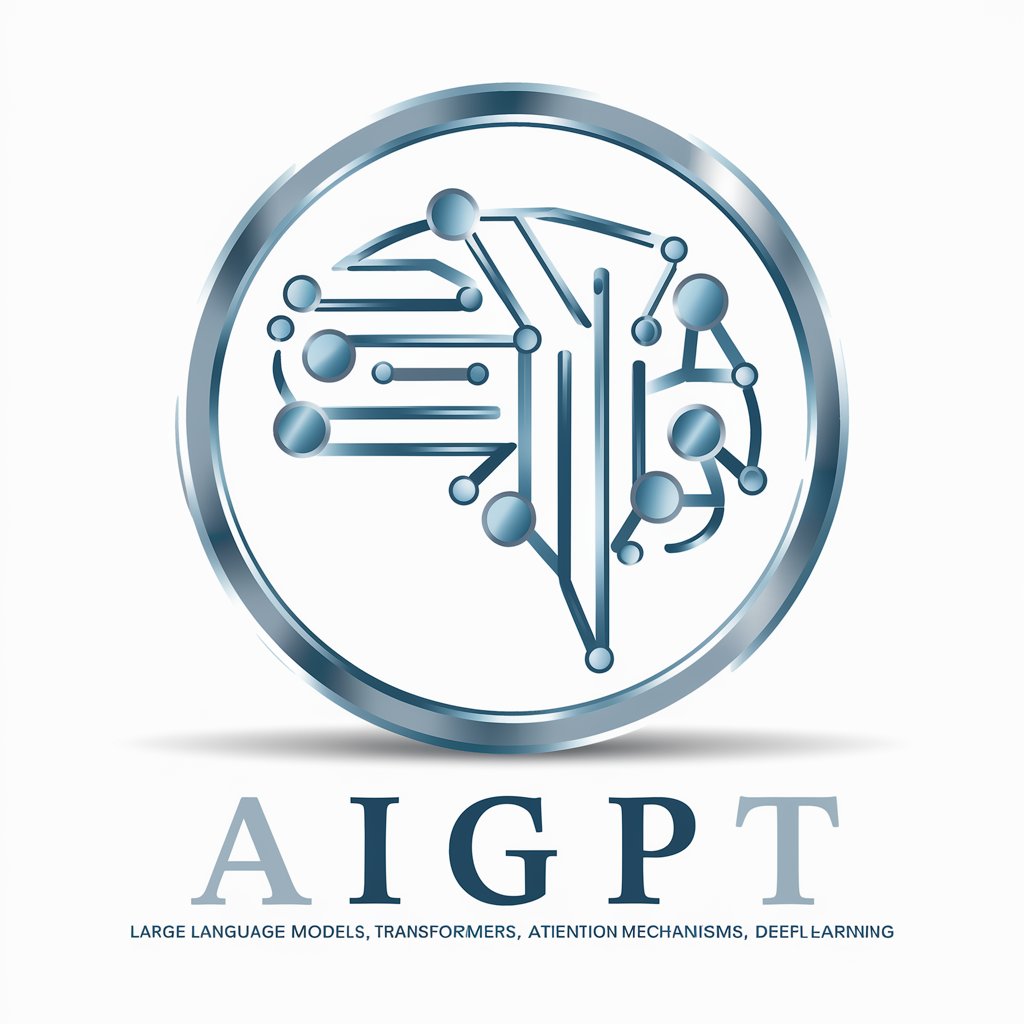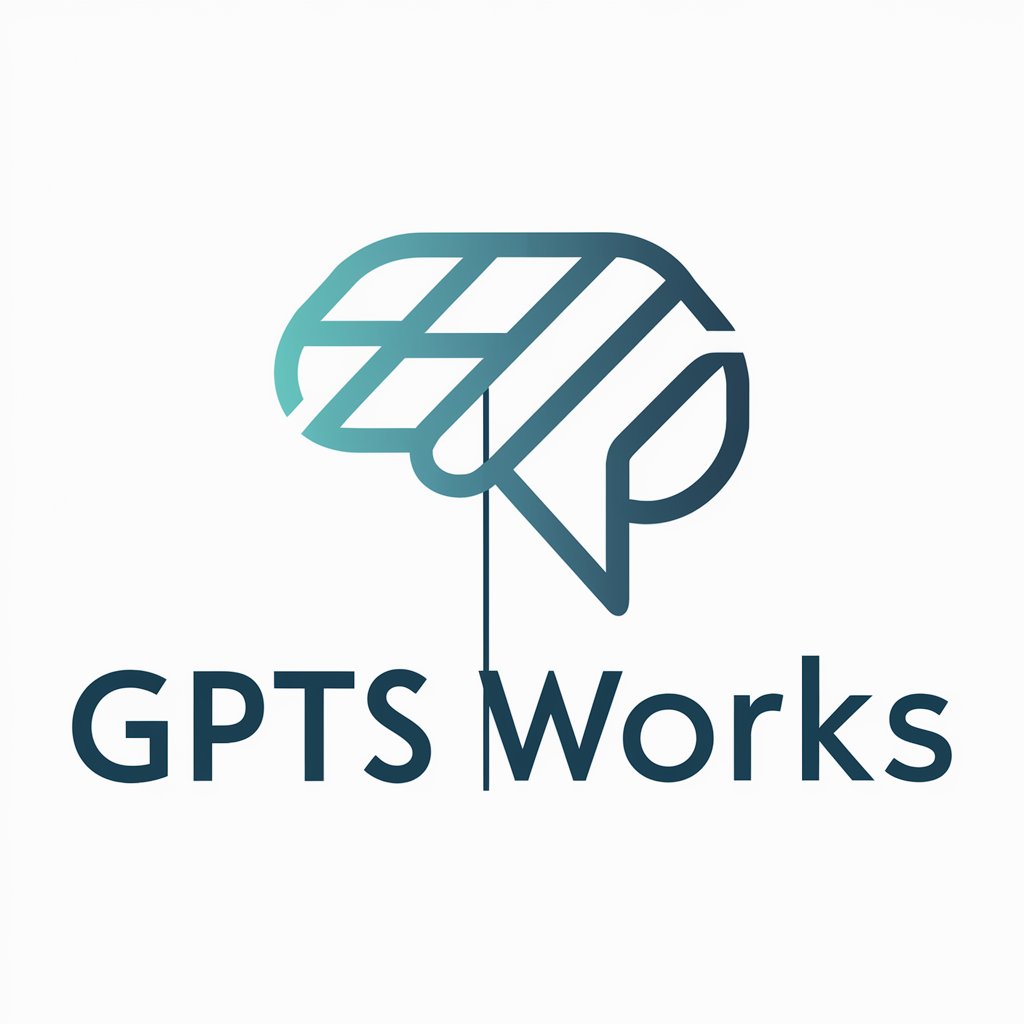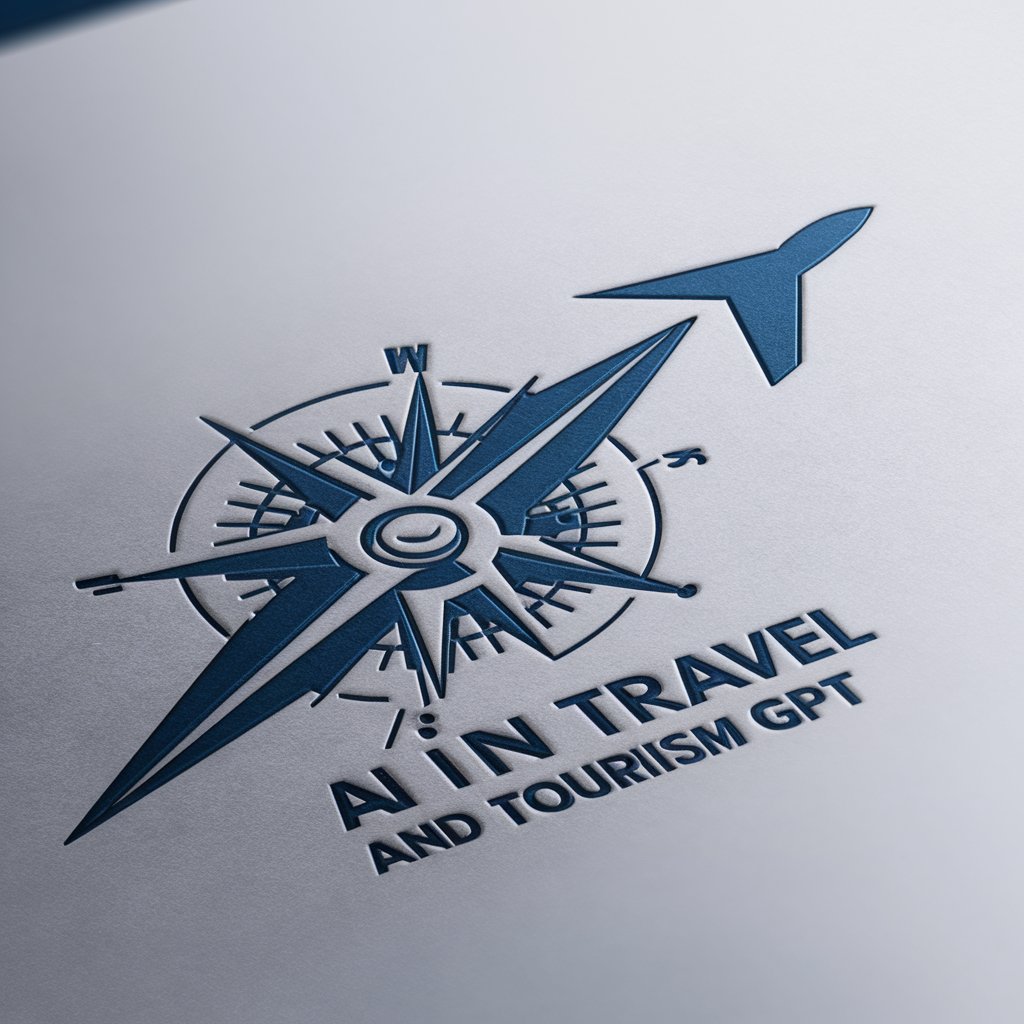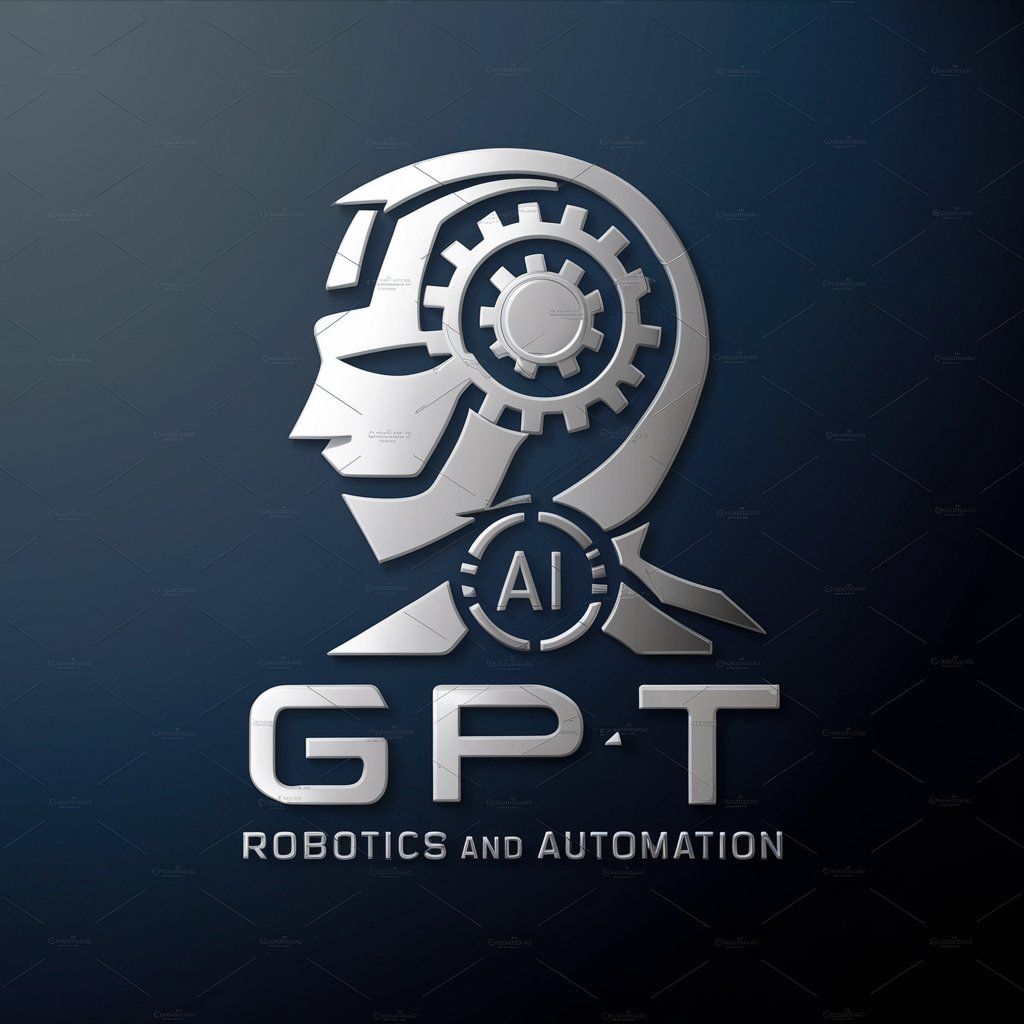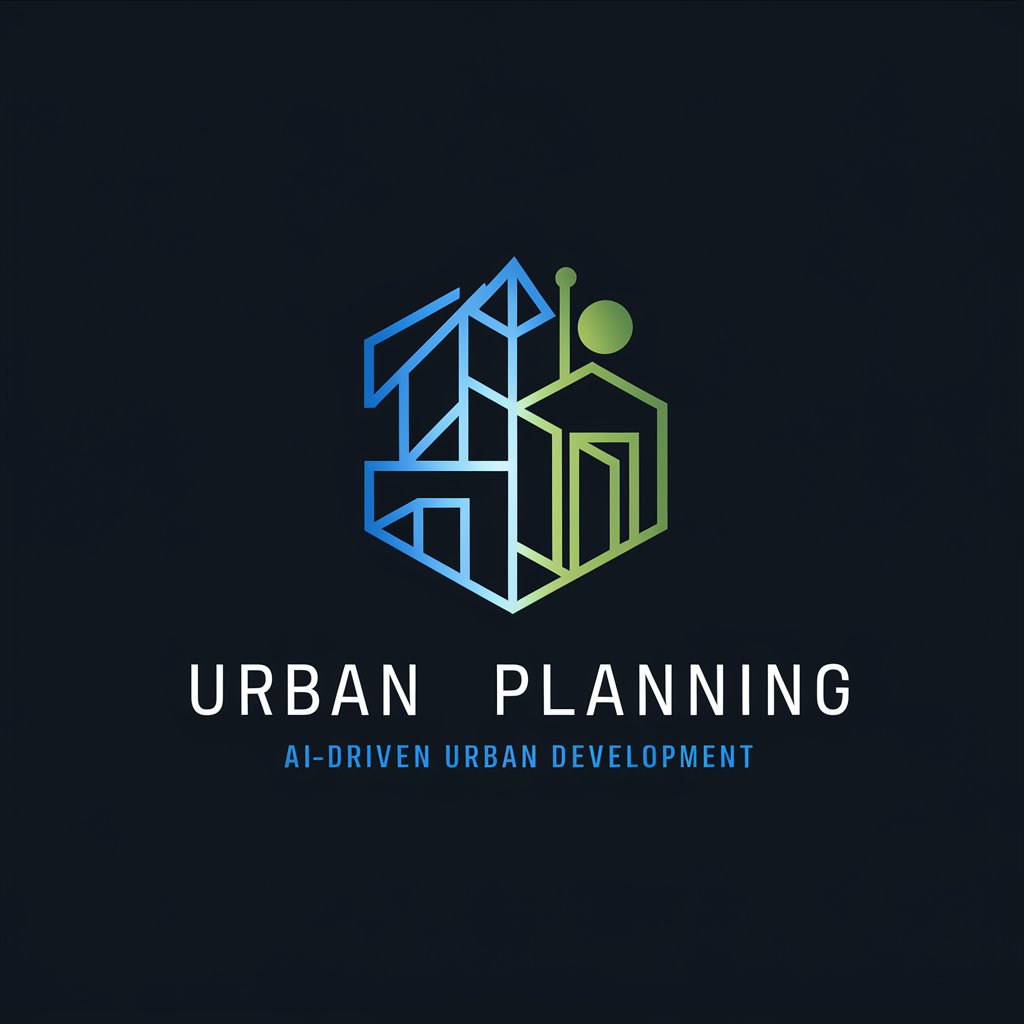
AI in Automotive and Transportation GPT - Expert Insights on Auto & Transport AI
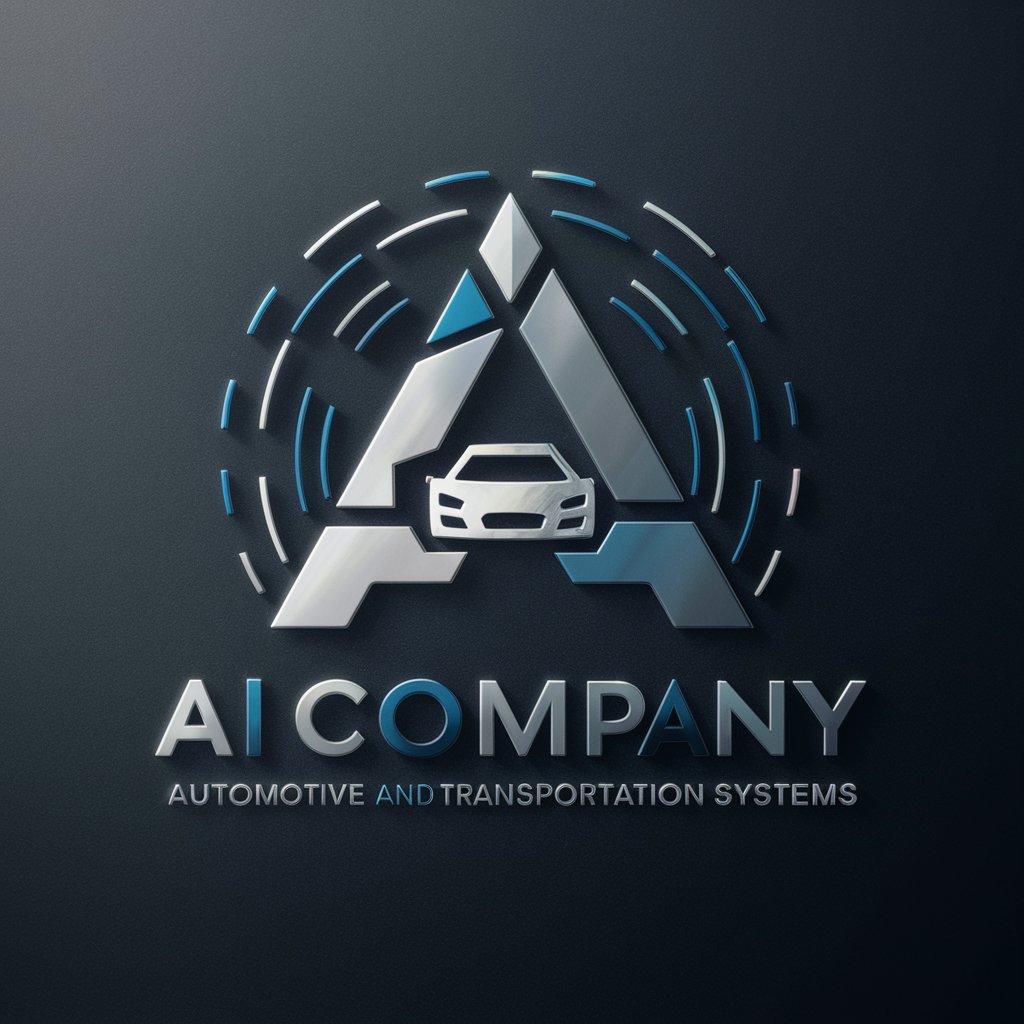
Welcome to AI in Automotive and Transportation GPT.
Driving innovation with AI-powered insights
Explain the key components of autonomous vehicle technology.
Describe how AI is transforming traffic management systems.
What are the latest trends in transportation planning with AI?
How do regulatory changes impact the development of AI in transportation?
Get Embed Code
AI in Automotive and Transportation GPT Overview
AI in Automotive and Transportation GPT is designed to be an expert system focused on the integration and application of artificial intelligence within the automotive and transportation sectors. This system aims to provide in-depth insights, analysis, and information on how AI technologies are revolutionizing these industries, from autonomous vehicles to intelligent traffic management systems. It serves to offer a comprehensive understanding of the technological advancements, regulatory considerations, and industry trends, ensuring that stakeholders can make informed decisions. For example, it can explain the workings of AI in enhancing vehicle safety features, optimizing route planning in logistics, or in the development of smart infrastructure for better traffic flow. Powered by ChatGPT-4o。

Core Functions and Real-World Applications
Autonomous Vehicle Technology Explanation
Example
Detailed insights into the technologies behind self-driving cars, including sensor fusion, machine learning algorithms for decision-making, and the importance of V2X (vehicle-to-everything) communications.
Scenario
Automakers can use these insights to understand the current technological landscape, potential R&D directions, and how to comply with regulatory standards.
Traffic Management Solutions
Example
Exploration of AI applications in traffic flow optimization, such as adaptive traffic signal control systems that reduce congestion and enhance road safety.
Scenario
City planners and traffic management authorities can apply this knowledge to improve urban mobility, reduce environmental impacts, and enhance commuter experiences.
Fleet Management and Optimization
Example
Analysis of AI-driven tools for logistics and transportation companies, focusing on route optimization, predictive maintenance, and real-time fleet tracking.
Scenario
Logistics companies can leverage these AI applications to increase operational efficiency, reduce costs, and improve service reliability.
Target User Groups
Automotive Industry Professionals
Engineers, designers, and executives in the automotive sector seeking to integrate AI into vehicle systems, enhance product offerings, or stay competitive in the market.
Transportation and City Planners
Individuals and organizations involved in the planning, development, and management of transportation systems, who are looking to apply AI for more efficient and safer transportation networks.
Logistics and Fleet Management Companies
Businesses that operate vehicle fleets and are seeking AI-driven solutions for optimizing routes, maintenance, and overall fleet operations to reduce costs and improve efficiency.

How to Use AI in Automotive and Transportation GPT
1
Start with a free trial at yeschat.ai, requiring no sign-up or ChatGPT Plus subscription.
2
Identify your specific query or area of interest within the automotive and transportation sector to ensure focused and relevant assistance.
3
Utilize the chat interface to ask your questions. Be as specific as possible for the most accurate and detailed responses.
4
Explore various functionalities by asking about current trends, technological advancements, or regulatory insights in the automotive and transportation industries.
5
Provide feedback on the responses received to improve future interactions and refine the tool's accuracy and relevance.
Try other advanced and practical GPTs
Canadian Transportation Engineer
AI-powered Transportation Engineering Insights
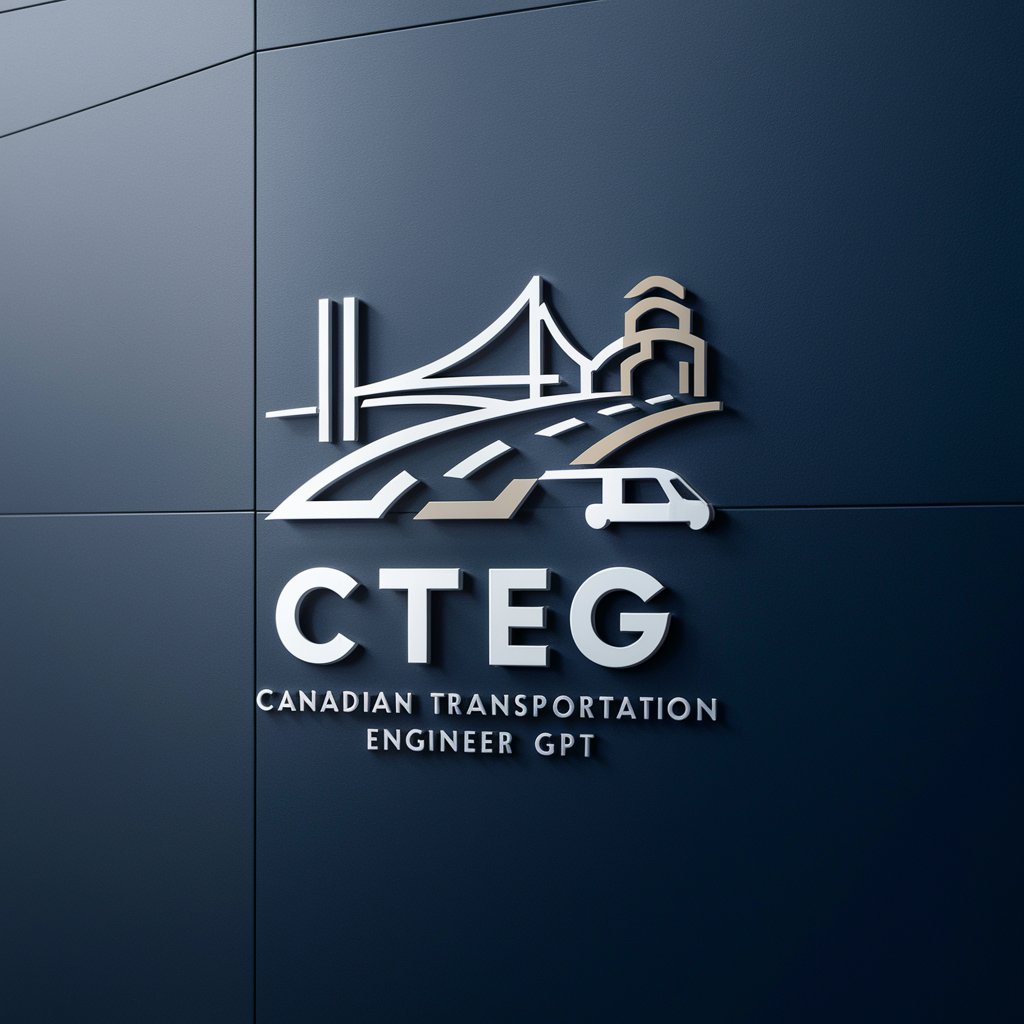
WGP Secure Transportation Advisor
AI-driven Secure Transportation Insights
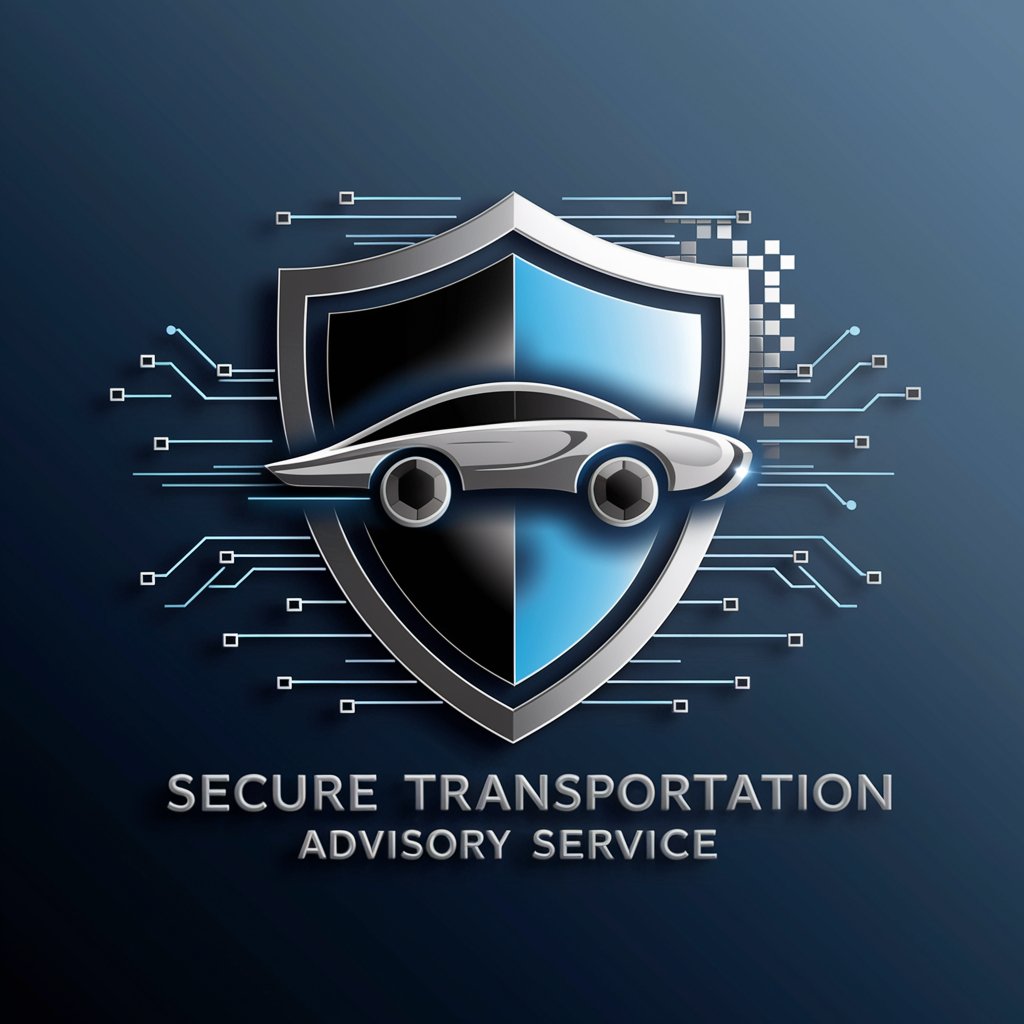
Transportation Management Expert
Optimize your transportation, effortlessly.
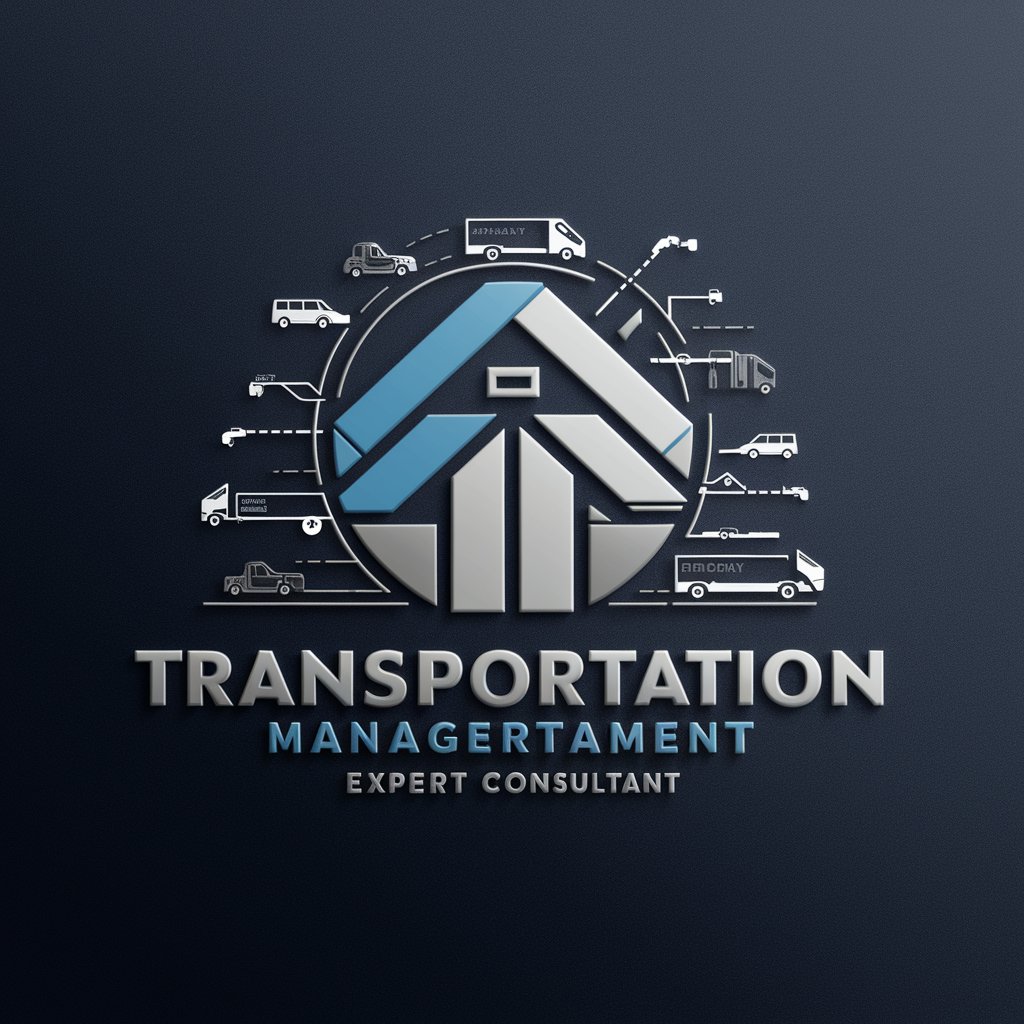
CDR Transportation Applications Expert
Unlocking mobility insights through CDR analysis.
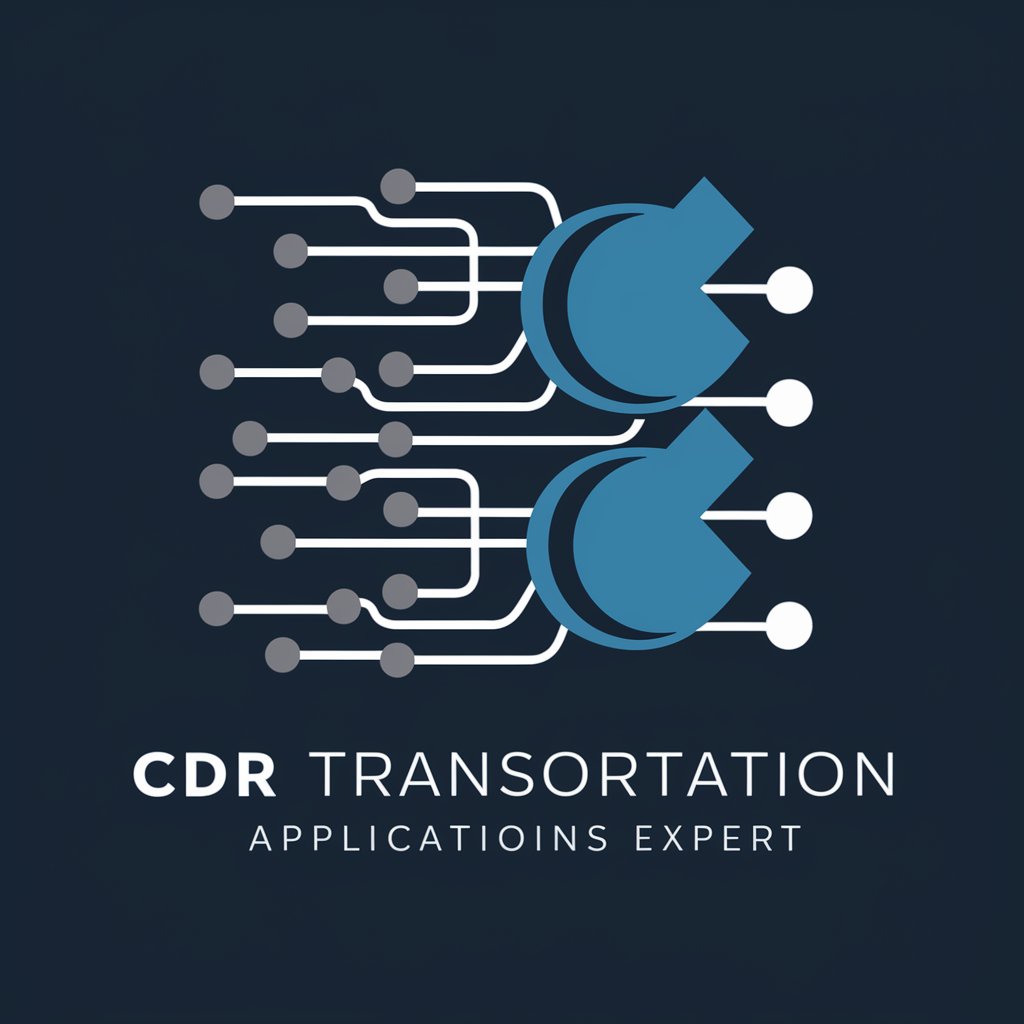
Rural Transportation
Navigating Vietnam's rural paths with AI-powered insights

DoT Transportation AI
Powering Transportation Decisions with AI
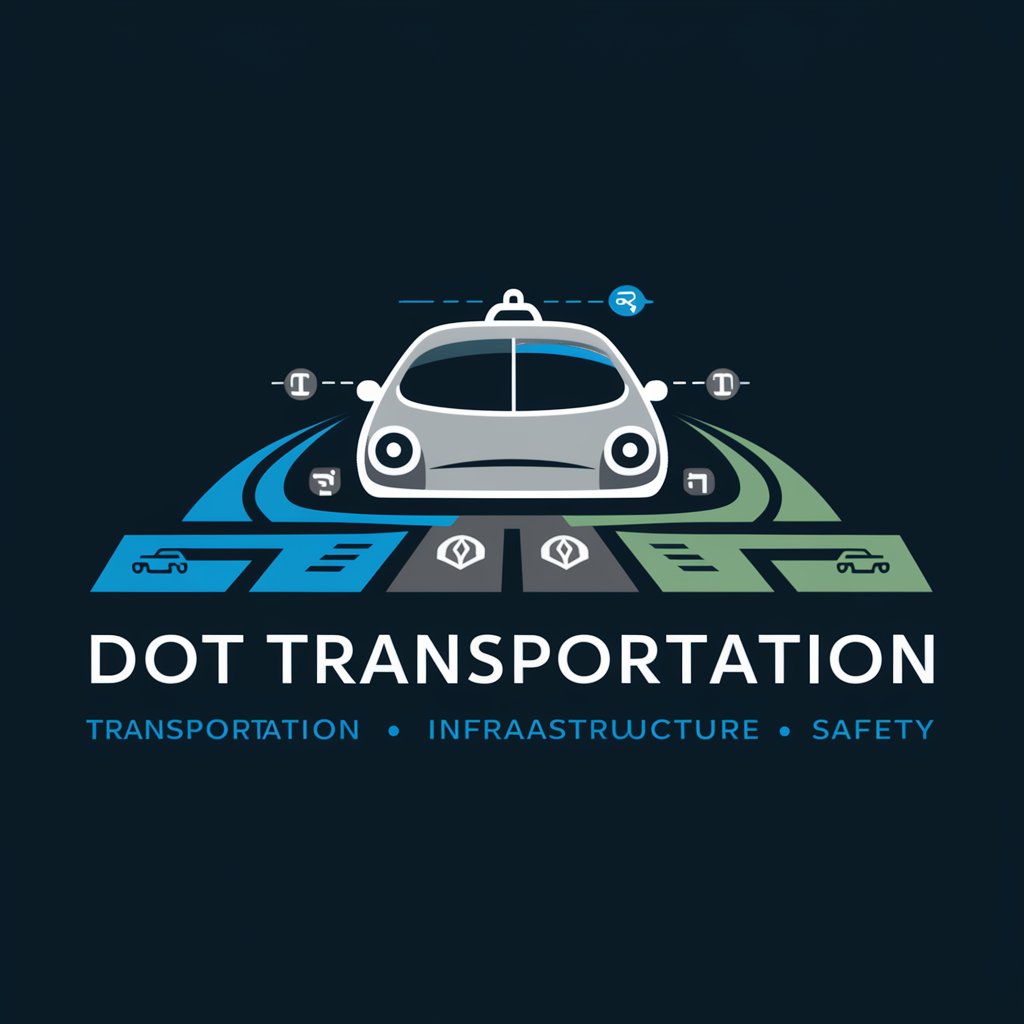
Quantum Biology Hypothesis Generator
Sparking Quantum Insights in Biology

Hypothesis Generation for Antigravity Concepts
AI-powered antigravity hypothesis generation and exploration.
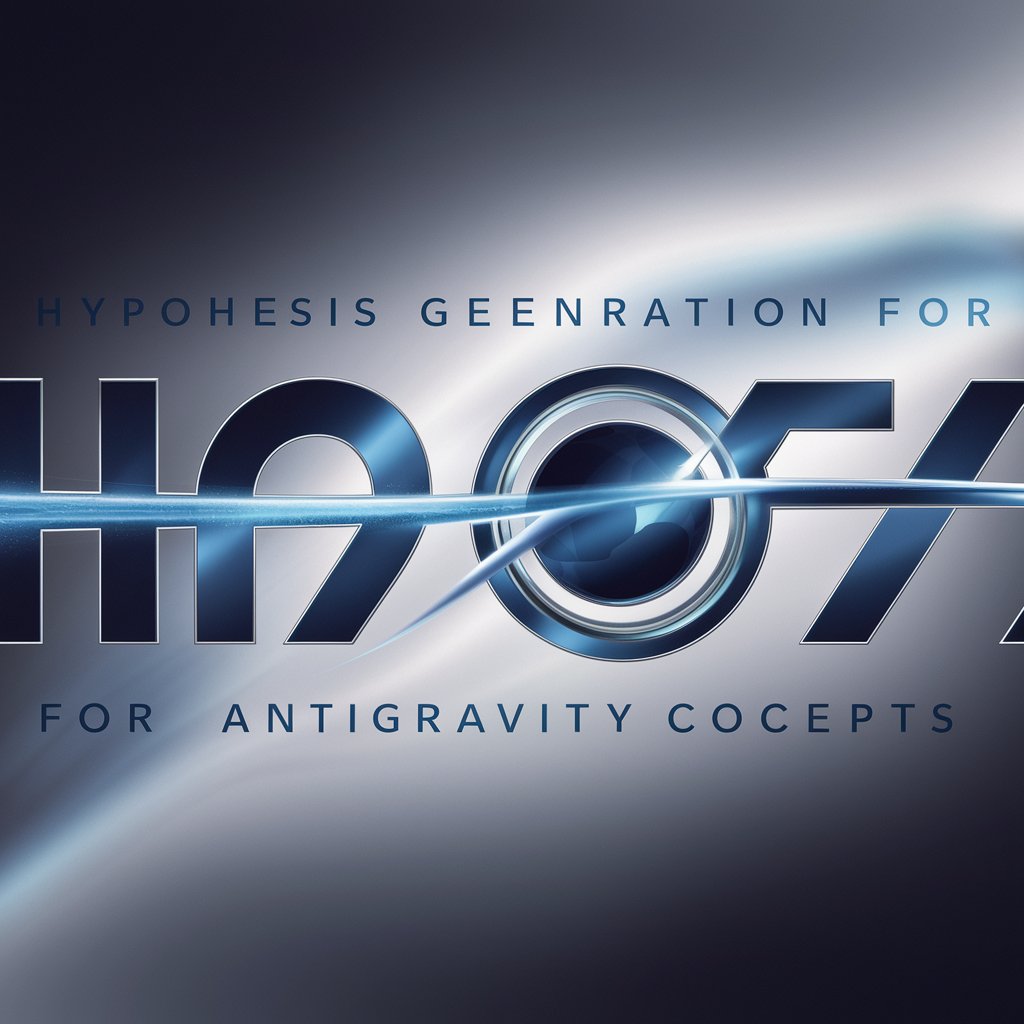
Mathematical Universe Hypothesis Analysis Bot
Exploring universes through mathematics.
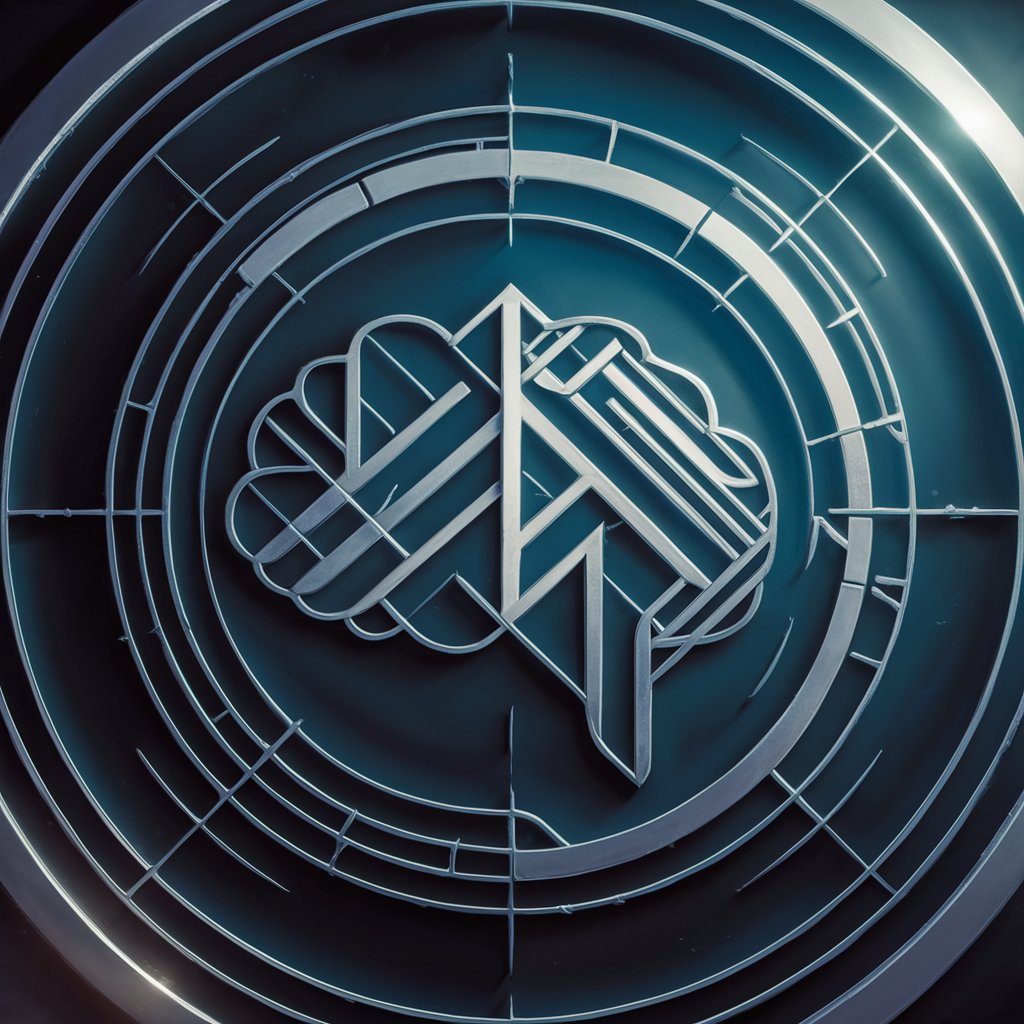
[CRO Discovery] A/B test Hypothesis Generator
Optimize conversions with AI-driven hypotheses
![[CRO Discovery] A/B test Hypothesis Generator](https://r2.erweima.ai/i/91zxFAOjSH2UeO88BK3QWA.png)
Hypothesis Harvester
Unveiling research insights with AI
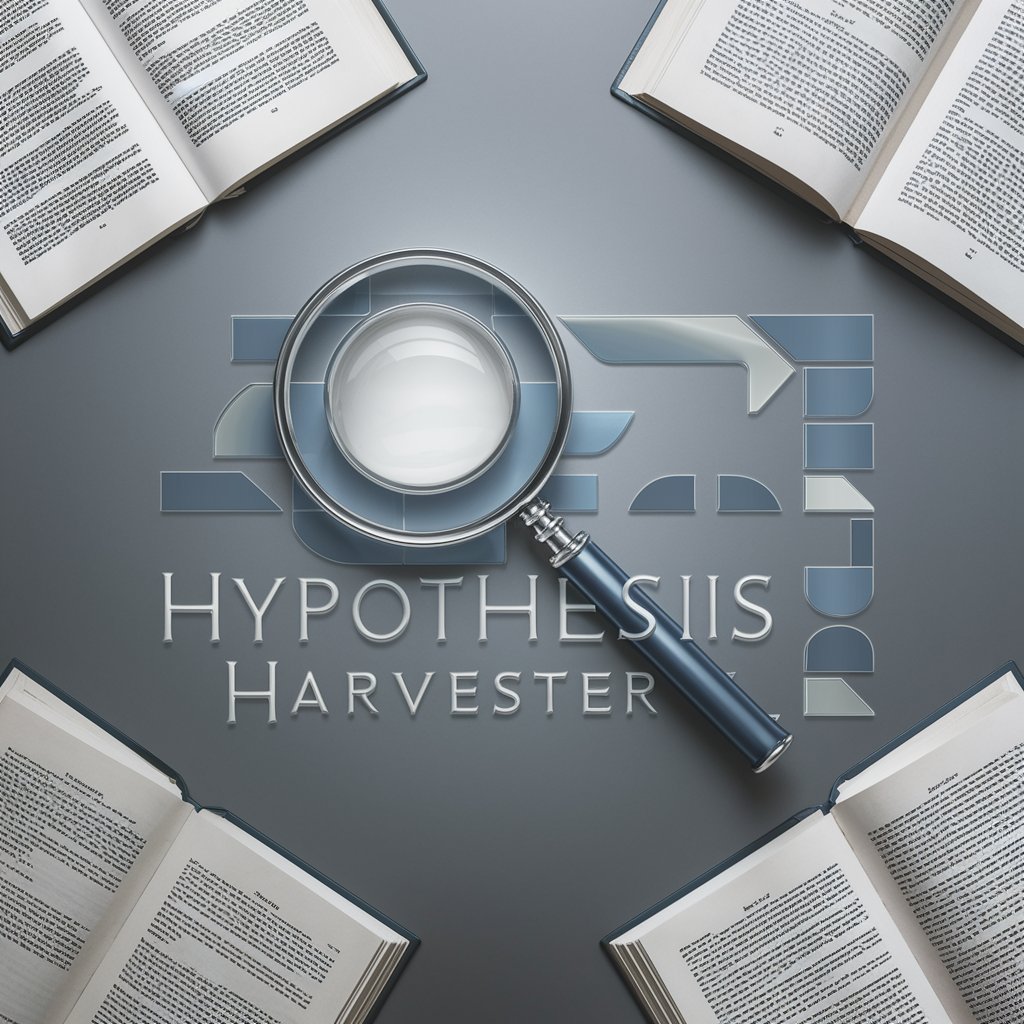
Random Hypothesis Generator
Spark creativity with AI-generated hypotheses.
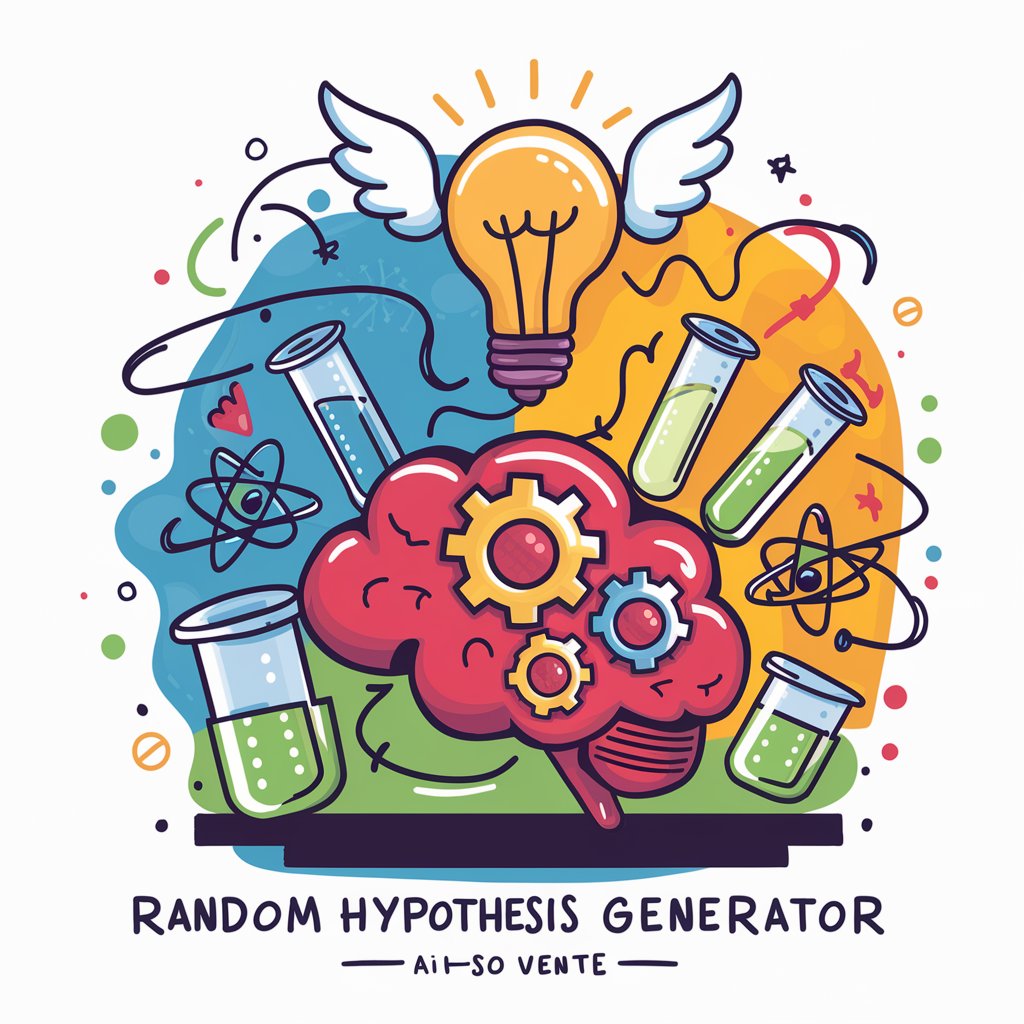
Frequently Asked Questions about AI in Automotive and Transportation GPT
What is AI in Automotive and Transportation GPT?
AI in Automotive and Transportation GPT is a specialized tool designed to provide insights, analysis, and information on autonomous vehicles, traffic management, and transportation planning. It leverages artificial intelligence to offer expert advice and answer queries related to the automotive and transportation sectors.
How can AI in Automotive and Transportation GPT help in traffic management?
The tool can analyze traffic flow data, predict congestion patterns, and suggest optimization strategies for traffic management systems. It utilizes AI algorithms to provide real-time recommendations for reducing congestion and improving traffic efficiency.
Can this tool provide regulatory compliance advice for automotive manufacturers?
Yes, it offers insights into current regulatory standards and compliance requirements for automotive manufacturers. It can guide on safety regulations, emissions standards, and other legal obligations relevant to the automotive industry.
How does AI in Automotive and Transportation GPT contribute to autonomous vehicle development?
It provides detailed information on the latest technological advancements, industry trends, and research findings in autonomous vehicle development. This includes AI algorithms for navigation, sensor fusion techniques, and safety measures.
What makes AI in Automotive and Transportation GPT unique?
Its specialization in the automotive and transportation sectors sets it apart. With up-to-date industry knowledge, the tool offers precise, professional responses tailored to the user's level of expertise, making it invaluable for professionals, researchers, and enthusiasts alike.
